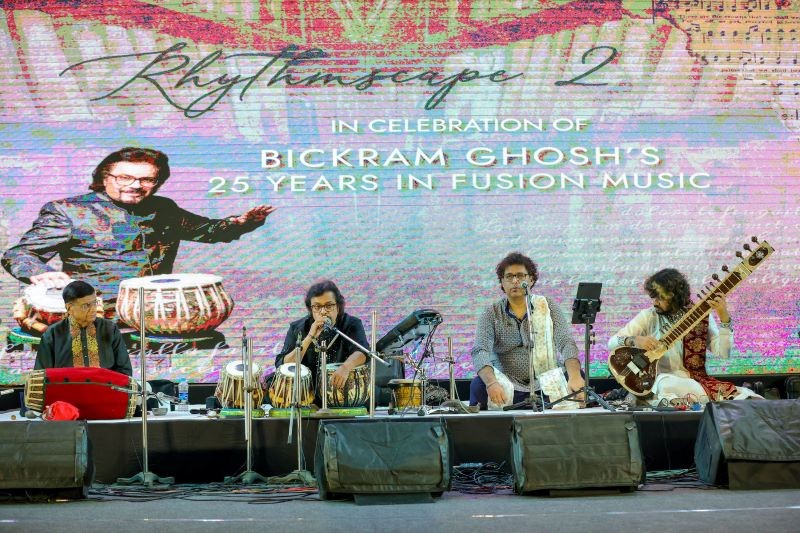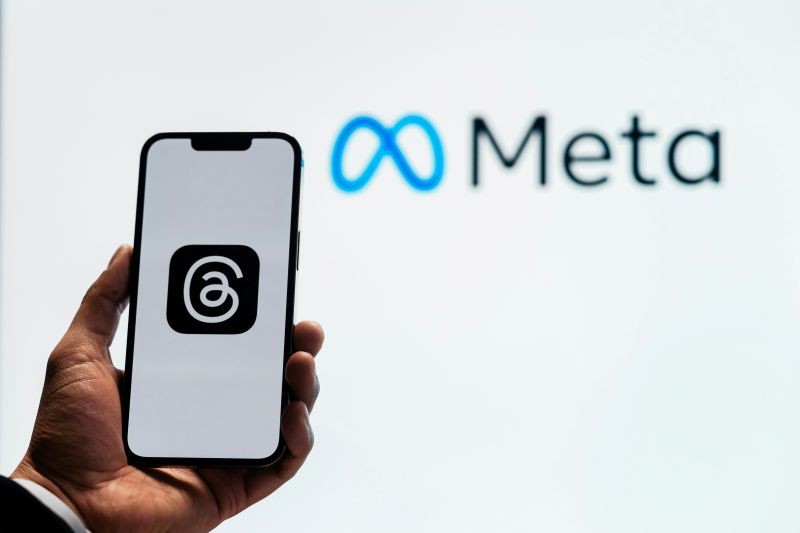U.S. musician indicted for using bots and AI tools to earn millions in royalty

A U.S. musician has been accused of using artificial intelligence (AI) tools and thousands of bots to manipulate streaming platforms, fraudulently generating billions of song streams to collect millions in royalties, media reports said.
Michael Smith, from North Carolina, faces charges including three counts of wire fraud, conspiracy to commit wire fraud, and conspiracy to commit money laundering, BBC reported.
Prosecutors state that this is the first criminal case of its kind they have encountered.
"Through his brazen fraud scheme, Smith stole millions in royalties that should have been paid to musicians, songwriters, and other rights holders whose songs were legitimately streamed," US attorney Damian Williams was quoted as saying by BBC.
An unsealed indictment reveals that the 52-year-old used hundreds of thousands of AI-generated songs to manipulate streaming numbers, the report said.
The tracks were played billions of times on various platforms by thousands of automated bot accounts to evade detection.
Authorities allege that Smith collected over $10 million in royalty payments during the scheme, which lasted several years.
Prosecutors stated that Smith would finally "face the music" after their investigation, which also included the FBI.
"The FBI remains dedicated to plucking out those who manipulate advanced technology to receive illicit profits and infringe on the genuine artistic talent of others," said FBI acting assistant director Christie M. Curtis, according to the report.
According to the indictment, Smith was at points operating as many as 10,000 active bot accounts to stream his AI-generated tracks.
It is alleged that the tracks in question were provided to Smith through a partnership with the chief executive of an unnamed AI music company, who he turned to in or around 2018.
The co-conspirator is said to have supplied him with thousands of tracks a month in exchange for track metadata, such as song and artist names, as well as a monthly cut of streaming revenue.
"Keep in mind what we're doing musically here... this is not 'music,' it's 'instant music' ;)," the executive wrote to Smith in a March 2019 email, and disclosed in the indictment, the BBC report stated.
Citing further emails obtained from Smith and fellow participants in the scheme, the indictment also states the technology used to create the tracks improved over time - making the scheme harder for platforms to detect.
According to the BBC report, in an email from February, Smith claimed his "existing music has generated at this point over 4 billion streams and $12 million in royalties since 2019."
The indictment states that Smith operated up to 10,000 active bot accounts at various times to stream his AI-generated tracks.
It is alleged that these tracks were supplied to Smith through a partnership with the CEO of an unnamed AI music company, whom he approached around 2018.
The co-conspirator reportedly provided Smith with thousands of tracks each month in exchange for track metadata, such as song and artist names, and a share of the streaming revenue.
With AI-generated music sweeping the music world and the growing availability of free tools to create tracks have heightened concerns among artists and record labels about receiving a fair share of the profits from AI-created content, the report said.
These tools, which can generate text, images, video, and audio in response to prompts, are built on systems trained using vast amounts of data, often scraped indiscriminately from the web, including online text and images.
This data frequently includes content owned by artists or protected by copyright, causing frustration among creatives who feel their work is being used to produce seemingly original material without proper recognition or compensation. This issue came to the forefront in 2023 when platforms quickly removed a viral track that used cloned voices of Drake and The Weeknd.
Earlier this year, several artists, including Billie Eilish, Chappell Roan, Elvis Costello, and Aerosmith, signed an open letter demanding an end to what they described as the "predatory" use of AI in the music industry.





